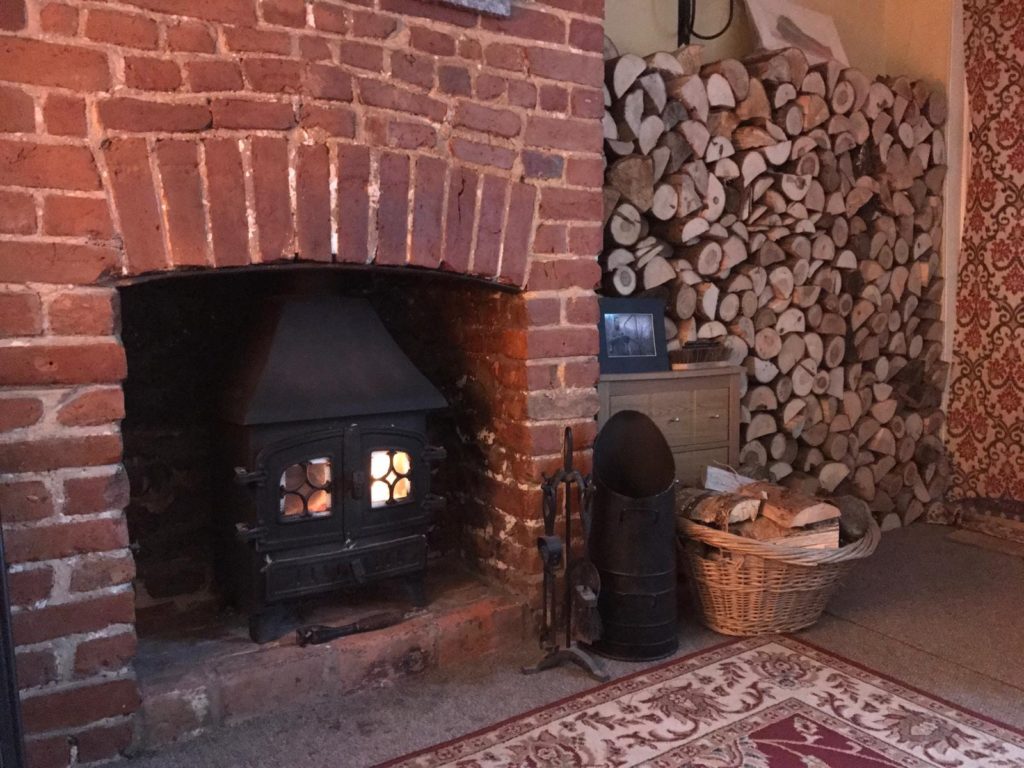
There is a problem with air quality in the UK which can cause health issues for all of us. Wood burning stoves and open fires are responsible for a part of this problem. According to the government report, burning solid fuel (such as wood and coal) currently produces 38% of the UK’s emissions of particulate matter.
Peter Ticktin founder of the Global Warming Foundation adds “Wood is a renewable form of energy. Like Oil, Coal, or natural gas, even the cleanest burned fuel converts chains of hydro-carbons into CO2 and H2O, carbon dioxide and water. Hence, those who are burning wood for heat should not be encouraged in any way to convert to fossil fuels, even if the wood burning is not as “clean” as the burning of fossil fuels.”
• Only the very cleanest stoves can be bought and installed
All stoves must be at least 80% efficient. Ecodesign is the European-wide programme to lower emissions. It is due to come into force for stoves in the UK in 2022. The PM emissions limit for Ecodesign is 55% lower than for DEFRA exempt stoves.

• Only the cleanest fuels are available for sale
Restrict the use of bituminous house coal and high-sulphur smokeless fuels. There is already a limit in Smoke Control Areas on burning fuel containing more than 2% of sulphur. It plans to extend this nationwide and ensure that there is more clarity around the sulphur content of fuel when sold.
• New powers for local government
For areas with high pollution, local authorities will have powers to go further and could introduce ‘no burn days’ during periods of high pollution.
Burnright is an excellent campaign created to be a source of impartial advice and information on how to use a domestic fire correctly, lower emissions and save money on fuel.


Or if you have any questions contact ‘The Sweep Guy’

